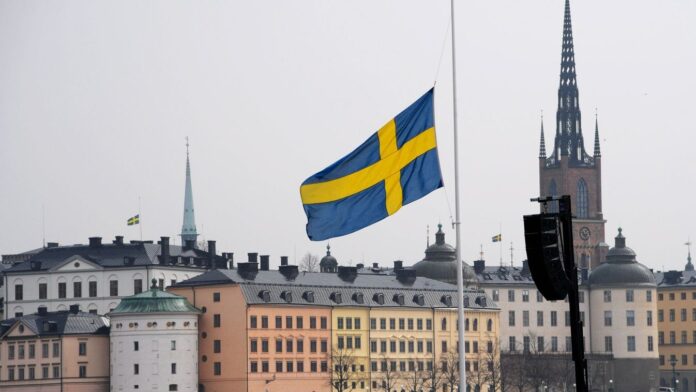Rape crimes in Sweden are a serious social problem, the causes of which are multifaceted and complex. According to the latest official figures, immigrants commit a staggering 84% of crimes, while this group makes up only 10% of the country’s total population. This statistic reflects a phenomenon that is a cause for concern and a source of serious debate in Swedish society. The ethnic composition of the perpetrators is extremely telling. The highest proportion of rape perpetrators are Algerian, Afghan and Tunisian. Similar trends can be observed in other European countries, such as Great Britain, Germany and France. These nations are also experiencing severe gender violence epidemics, which are often attributed to the consequences of migration-related policy decisions. The question is: what impact does liberalized immigration policy have on the security of society? Critics believe that as a consequence of the policy of open borders, European societies have become vulnerable to various forms of crime. Statistics are not just figures, they are serious warnings for politics and society. In addition to the extent of rape, judicial decisions also have a significant impact on social discourse. A recent judgment in the case of an Eritrean immigrant caused a particularly stir. The convict was sentenced to three years in prison for raping a 16-year-old Swedish girl, but the court did not consider it justified to deport her after serving her sentence, saying that “the rape did not last long enough.” This court decision provoked heated debates not only in the world of law, but also in public opinion. This situation highlights the challenges that the interaction between social norms and justice poses to modern societies. The judge’s reasoning is unacceptable to many and raises the question: what does the “appropriate” punishment mean and who decides how to justify acts of violence?
Society’s response to crimes and the legal interpretations surrounding them is crucial for future policy responses. In many cases, public pressure can lead to stricter laws and regulations. People are increasingly demanding that policymakers address the situation and address the effects of immigration and its consequences on the security of society. With the increasing proportion of crimes, a transformation of the legal framework also seems inevitable. In the search for answers, social differences must be taken into account, as well as the need for the integration of immigrants, which plays a key role in maintaining public security. Education, social programs and the shaping of public discourse can all contribute to the search for solutions.
Sweden can also experience the interconnected problems of rape and crime in headlines, which raise serious ethical and legal questions. The high rate of crime committed by immigrants and the inadmissible court rulings all contribute to a wide-ranging debate that could influence future policy decisions. Against this background, it is important that future policies are based on measures to improve social coexistence and public safety.
Translated and edited by Leo Albert

